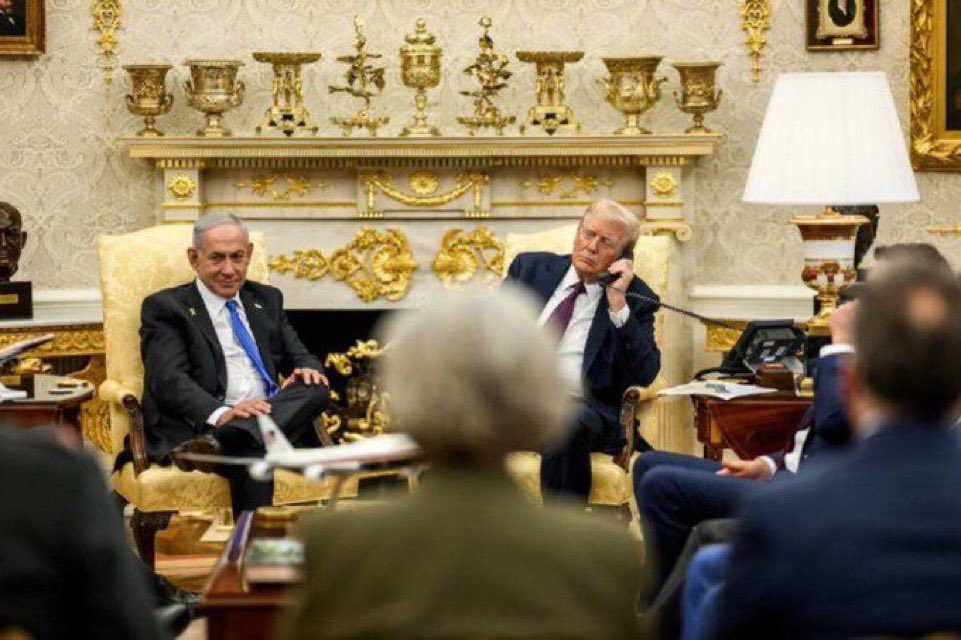Israeli Prime Minister Benjamin Netanyahu has formally apologized to Qatar after Israeli warplanes struck the capital, Doha, in an operation aimed at senior Hamas officials, according to Politico. The airstrike, which killed a Qatari bodyguard, drew swift condemnation from Qatari leadership and heightened international concerns over Israel’s expanding military operations beyond Gaza.
⚡️🇺🇸🇮🇱JUST IN:
U.S President Trump made Israeli Pm Netanyahu call and apologize to Qatar for striking Doha, in phone call from White House.
Netanyahu expressed “deep regret” for his strikes on Qatari territory
Just look at his smile during the call, it shows the “regret” pic.twitter.com/KDo943nFPa
— Suppressed News. (@SuppressedNws1) September 29, 2025
The incident came at a highly sensitive time, as U.S. President Donald Trump is mediating peace talks between Israel and Hamas. Washington reportedly feared that the strike risked derailing negotiations, with Trump himself urging Netanyahu to issue an apology to safeguard the fragile diplomatic process. He also warned that Israel was “losing the media war” with Hamas, pressing Netanyahu to show greater restraint in military actions that could alienate key regional players.
In response, Netanyahu phoned Qatari Prime Minister Mohammed bin Abdulrahman Al Thani, acknowledged the violation of Qatar’s sovereignty, and pledged that such actions would not be repeated. Analysts say the apology marks a rare step for Netanyahu, reflecting both intense U.S. pressure and Israel’s recognition of Qatar’s importance in regional diplomacy.
Read more: Nepal’s Gen Z Won A Battle but Real War Lies Ahead?
Qatar has long played a pivotal role in Middle Eastern affairs, acting as a mediator in past ceasefire negotiations between Israel and Hamas while also hosting Hamas’s political leadership in exile. The Gulf state has provided significant humanitarian aid to Palestinians in Gaza, making it an essential actor in any effort to stabilize the conflict.
While Netanyahu’s apology may temporarily ease tensions, observers caution that long-term trust between Israel and Qatar remains fragile. The episode highlights the risks of unilateral military operations at a time when diplomatic channels are already under immense strain. Whether this gesture will restore confidence or deepen skepticism in the peace process remains uncertain.
With additional input by GVS Intl desk














